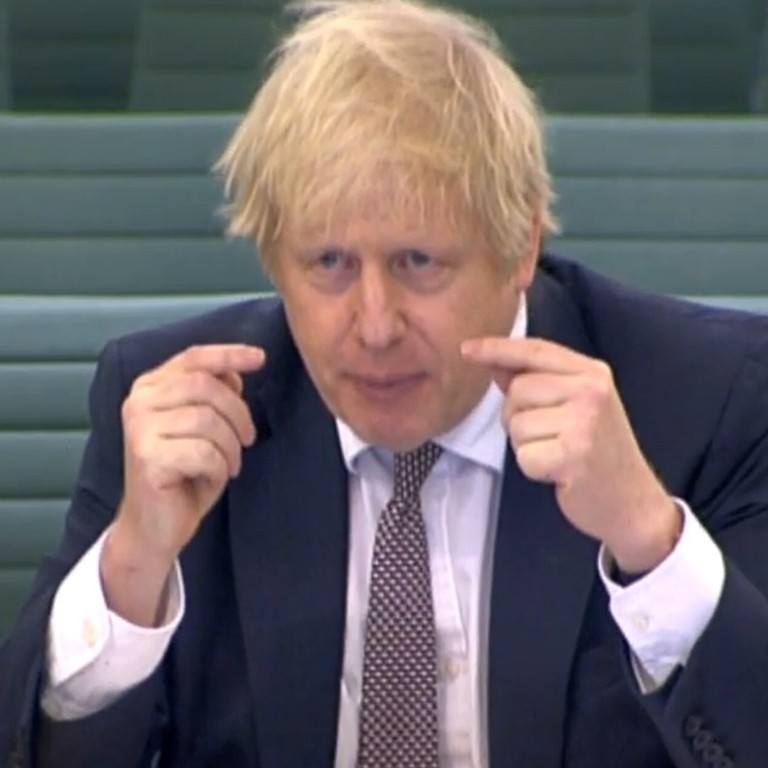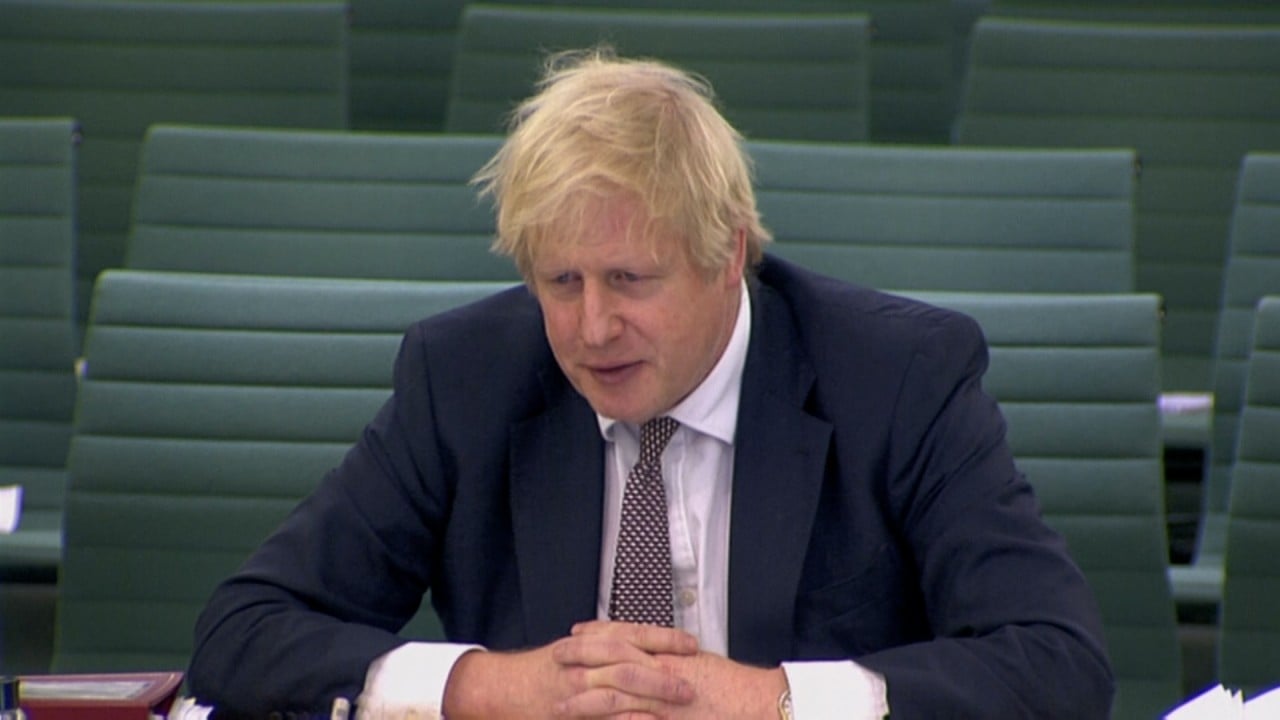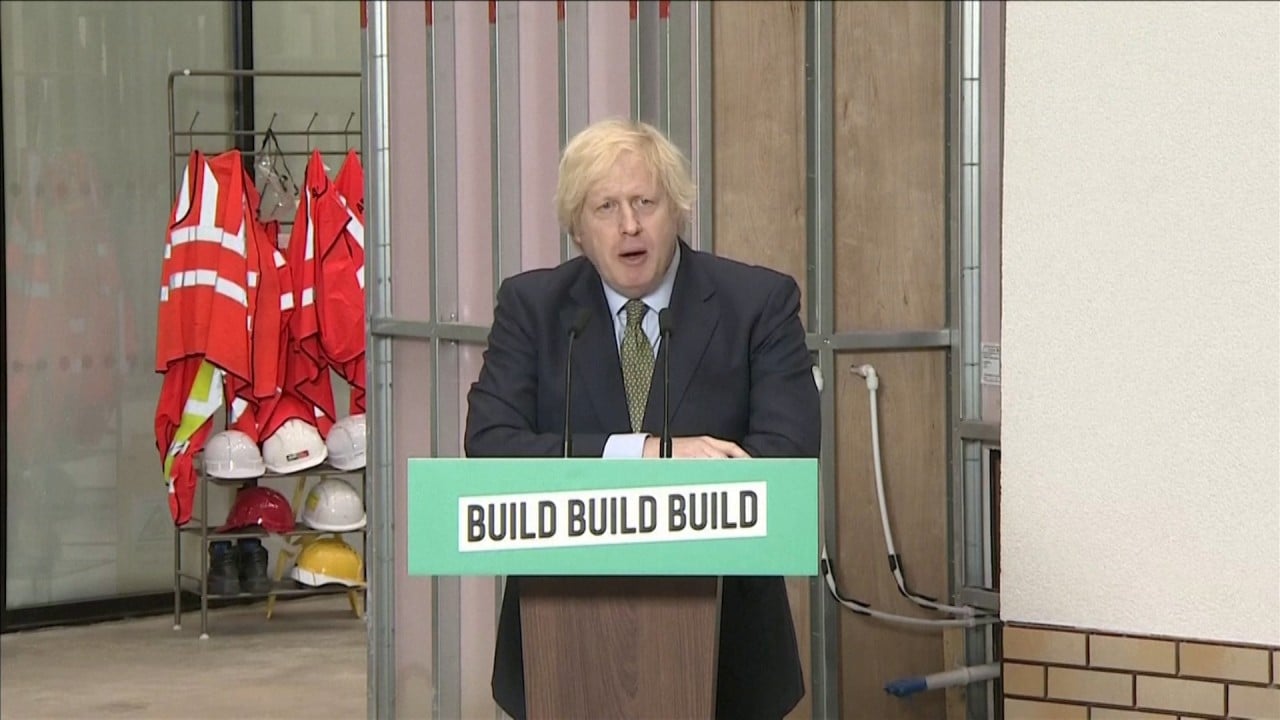
Boris Johnson is testing China with Britain’s foreign policy ambiguities
- The UK’s Integrated Review on Foreign and Security policy is unclear about what Britain wants from China, but that is part of the point
- Meanwhile, if Britain is serious about getting closer to Asia it must show it is in for the long haul – and should begin by supporting language studies
“There are no faraway countries of which we know little.”
India and Britain want to be closer in trade and in Indo-Pacific, with an eye on China
But Johnson has taken a political risk in saying clearly that the UK will work with China where it can. The review has been criticised by some in Britain for not being clear about what it intends from its relationship with China.

02:23
Boris Johnson warns against ‘sinophobia’ amid rising tensions with China over human rights and 5G
If Beijing’s response to this opportunity is simply to double down on threats and angry rhetoric, it will suggest to London that Chinese diplomacy will (to adapt the saying of Israeli diplomat Abba Eban) “never miss an opportunity to miss an opportunity”.
Yet the review has also set up challenges for Britain. Serious engagement with Asia will need a sharp upwards turn in understanding of the region. One area is languages – Japanese, Korean and Chinese are studied by a few hundred students a year in the UK, Hindi and Urdu even fewer – a far cry from the number studying English in Asia. The UK often doesn’t pay enough attention to the assets it has.
In Hong Kong, China should learn from India’s attitude to the British Empire
SOAS, the London college specialising on Asia and Africa, suffers from permanent financial crisis because this globally-renowned skills hub is not recognised as a strategic asset. Of course, only a small number of British business, legal, media, and teaching professionals in the region will ever learn tough languages, but there is a broader and urgent agenda to make engagement with the region more natural and familiar. To be fair, there are programmes to make British civil servants more aware of the culture, politics and history of Asia. But this work needs to spread well beyond government to business and education.

00:38
UK PM Boris Johnson ‘deeply concerned’ about China’s national security law for Hong Kong
Britain thinks China is the new USSR or Japan. It needs to rethink
It’s good news that Britain wants to get closer to Asia, and the review’s aspirations should be the subject of praise, not sneering. But this has to be a long-haul decision, with plans for the next decade, and beyond.
Asia is at far too busy and turbulent a stage to make space for a visitor from Northwest Europe passing by only briefly. There are many aspects of Britain hugely respected across Asia: its education system, media, and creative industries among them. But these are just a foot in the door. The challenge for Britain is to show what it has to offer Asia – and to show that it intends to stay.
Rana Mitter’s most recent book is China’s Good War: How World War II is Shaping a New Nationalism (2020)

